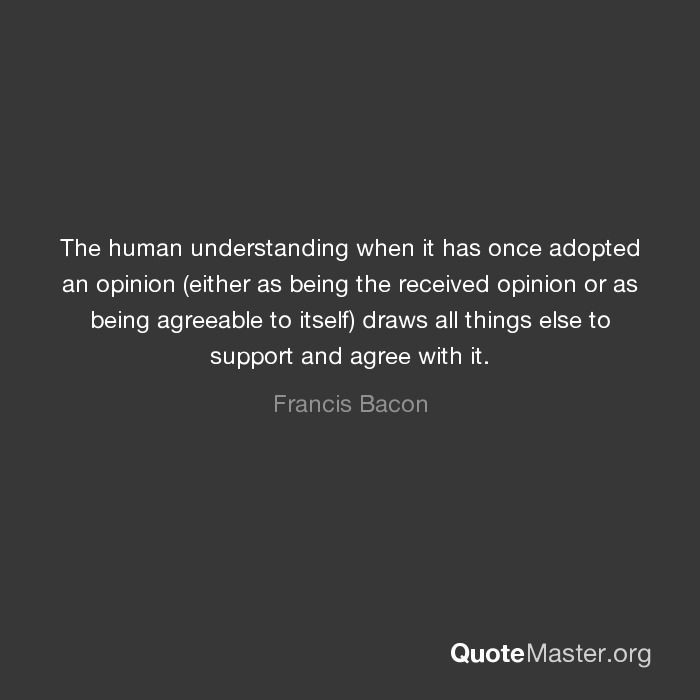danielpalos
Diamond Member
- Banned
- #141
there should be no homeless problems in big cities.How about Treasury printing a couple of platinum trillion dollar coins to create millions of living wage jobs?

Trillion dollar coin - Wikipedia
"Since the idea behind UBI is to meet every citizen’s basic needs, like housing and food, without discouraging work and industry, Stern’s plan would pay all 234 million American adults $1,000 a month, placing them at about the federal poverty line ($24,000 a year for a family of four)..."
"But how would we pay for this?
"$1,000 a month for everyone would cost approximately $2.7 trillion annually, which represents around four to five times the size of the defense budget and 15 percent of the GDP.
"In his book, Stern proposed paying for the $2.7 trillion as follows...."
"Same Principle, Different Executions
- Cancel most existing antipoverty programs, which cost about $1 trillion a year, including food stamps ($76 billion a year), housing assistance ($49 billion), and the Earned Income Tax Credit ($82 billion)
- Cut military spending
- Phase out most tax expenditures (tax breaks), which currently cost $1.2 trillion a year
- Implement a federal sales tax and a financial transaction tax
- Establish a collective wealth fee and “Sky Trust” modeled after the highly successful Alaska Permanent Fund, which could pay a dividend of $5,000 per person annually
Entitlements are often derided for their complexity, which is why the simplicity of UBI is so appealing to so many. One flat benefit for everyone, no questions asked, means very little bureaucracy or red tape. As more and more countries trial UBI programs, some of the concerns about the strategy may finally be put to bed."
Here’s How We Could Fund a UBI Program in the United States
You're being facetious...aren't you?
How would giving everyone $1,000. a month NOT just raise the bottom to $1,000 a month without making any other difference? More people would simply opt out of society and live off the backs of workers. How is that a good thing?
How would collecting trillions more in taxes benefit anyone?





